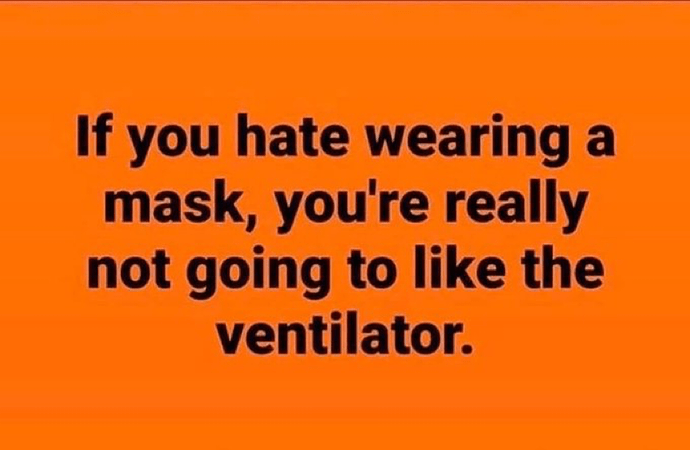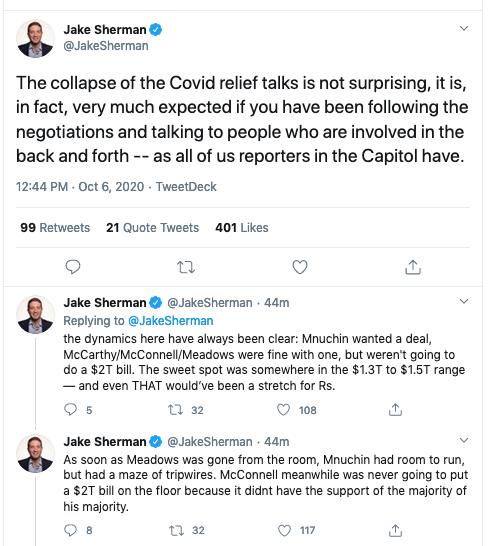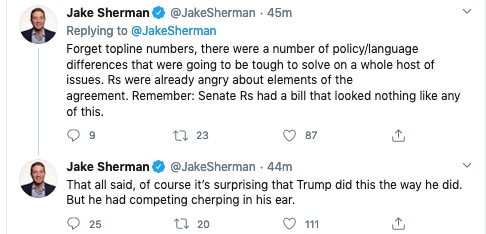Africa has defied the covid-19 nightmare scenarios. We shouldn’t be surprised.
After the novel coronavirus first appeared in Africa in late February, Ghana’s government decided it would take no chances. Ghanaian citizens were soon put under lockdown, and travel between major cities was banned. Then President Nana Akufo-Addo announced the closure of the country’s land and sea borders.
At the time, my dad was in Ghana visiting family, and he faced the prospect of being stuck until commercial flights resumed. As experts predicted how the pandemic would be a unique and devastating disaster in Africa, my siblings and I scrambled to get my father a spot on a State Department repatriation flight for U.S. citizens. We rushed to get him out because we thought he would be better off in the United States.
But after he got back to Texas, the number of cases there started to rise, and I joked with him that he would have been safer in Ghana. “Ghana is doing much better with this than America,” he had said after I picked him up from the airport, amused that I sprayed down the entire car with disinfectant before making him sit in the back seat, away from me.
News reports and opinion articles have posited that corruption and a lack of health-care infrastructure meant that Africa was a “time bomb” waiting to explode. Rampant poverty and a lack of effective governance would cause the dark continent to fall apart under the weight of a public health emergency. The world, the experts said, should prepare to offer aid, loans and debt forgiveness to African governments — in other words, they should prepare to save Africa.
No need.
While so much about the virus and how it operates remains unclear, sub-Saharan Africa so far has dodged a deadly wave of coronavirus cases. Many factors have contributed to this. A number of West African nations already had a pandemic response infrastructure in place from the Ebola outbreak of late 2013 to 2016. Just six years ago, Liberia lost nearly 5,000 people to Ebola. At the beginning of this year, Liberia began screening for covid-19 at airports. Travelers coming in from countries with more than 200 cases were quarantined. To date, Liberia, a country of some 5 million, has 1,335 cases and around 82 deaths.
After the Ebola pandemic, Senegal set up an emergency operations center to manage public health crises. Some covid-19 test results come back in 24 hours, and the country employs aggressive contact tracing. Every coronavirus patient is given a bed in hospital or other health-care facility. Senegal has a population of 16 million, but has only 302 registered deaths. Several countries have come up with innovations. Rwanda, a country of 12 million, also responded early and aggressively to the virus, using equipment and infrastructure that was in place to deal with HIV/AIDS. Testing and treatment for the virus are free. Rwanda has recorded only 26 deaths.
As the United States approaches 200,000 deaths, the West seems largely blind to Africa’s successes. In recent weeks, headline writers seem to be doing their hardest to try to reconcile Western stereotypes about Africa with the reality of the low death rates on the continent. The BBC came under fire for a since-changed headline and a tweet that read “Coronavirus in Africa: Could poverty explain mystery of low death rate?” The New York Post published an article with the headline, “Scientists can’t explain puzzling lack of coronavirus outbreaks in Africa.”
It’s almost as if they are disappointed that Africans aren’t dying en masse and countries are not collapsing. While Black Americans have been disproportionately contracting covid-19 and dying, Africa’s performance shows, as I quoted a Kenyan anthropologist saying in May, “being a black person in this world doesn’t kill you, but being a black person in America clearly can.”
This pandemic has coincided with a global movement challenging anti-Black racism and white supremacy. This should have been a moment for media outlets to challenge corrosive narratives about Africa and the idea that Africans are not capable of effective policy-making. We could be learning from the experiences that Africans and their governments have had with pandemics and viral diseases, including Ebola and AIDS.
Instead, the media has largely ignored the policy successes out of Africa. In doing so, Western media is reinforcing colonial narratives of Black inferiority and the inability of Black nations to govern themselves at all, much less govern better than resource-rich White nations.
None of this is to say there have not been missteps and challenges on the continent. In countries such as Kenya, police officers have used coronavirus restrictions as a cover to escalate police brutality against citizens — police killed 15 people while enforcing curfew restrictions. Misinformation has spread online, making things harder for health-care professionals.
But overall, African countries have made great efforts to contain the coronavirus, and citizens so far have escaped the nightmare predictions. African lives have been saved thanks to the hard work of many dedicated health-care workers and the collective responsibility of communities.
In this global pandemic, Africa’s success stories matter more than ever.



